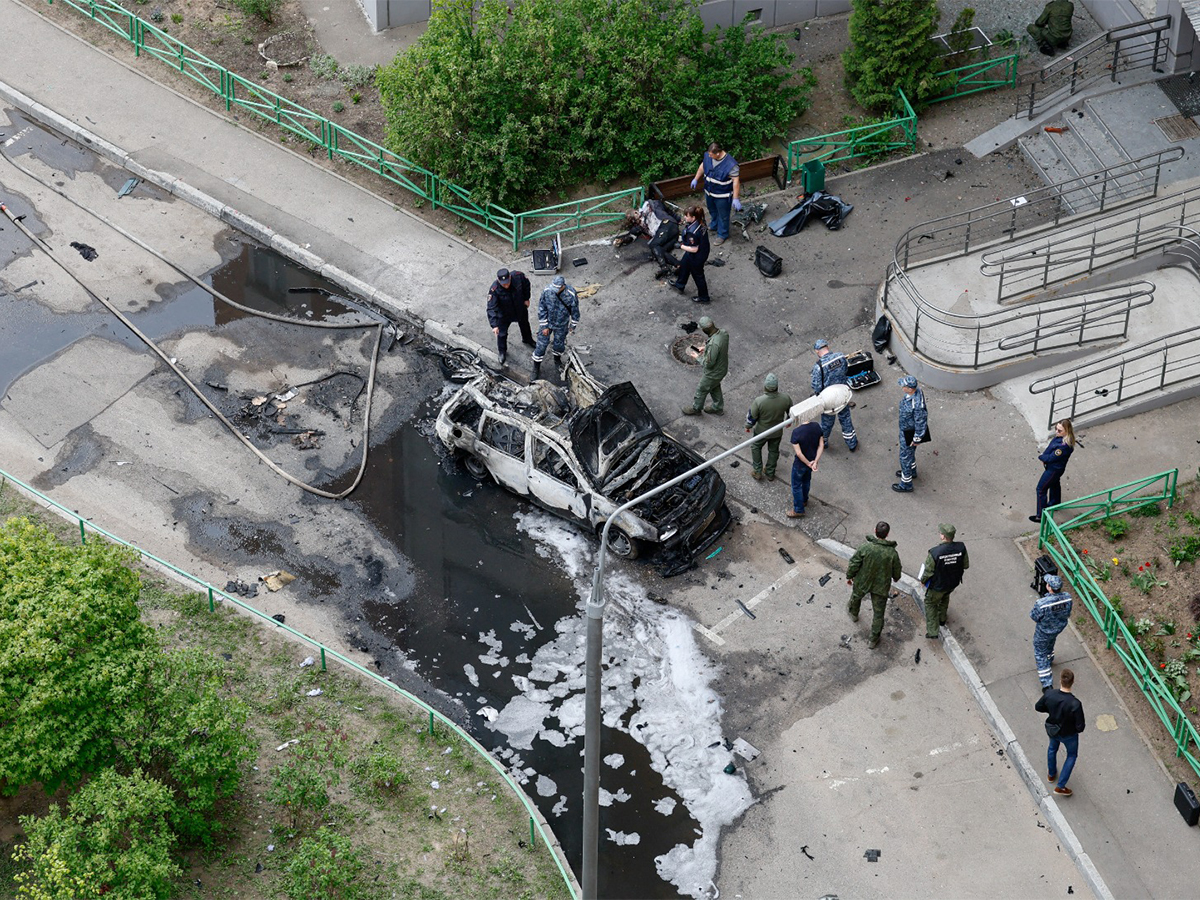Renault Samsung Motors' union strike closes the company's workplace
May 06, 2021

Seoul [South Korea], May 6 (ANI/Global Economic): In 2020, when the union of Renault Samsung Motors, which was negotiating wages and collective agreements, went on a strike, the company closed down.
Renault Samsung Motors has shut down a partial workplace from 7 am on Tuesday.
Workplace closure means that when a labor dispute arises, the employer closes the factory or workplace in order to solve arguments.
On Monday, the Renault Samsung Motors union issued a full strike order for all members for 8 hours on Tuesday. It is the second strike in relation to the labor union agreement in 2020 after April 30.
The labor and management held the ninth main negotiations session between the labor and management on Apr.29, but could not narrow the disagreement.
The labor union requested an increase in base fund of 71,687 won and payment of 7 million won in encouragement in 2020. The management froze the 2021 basic salary in 2020, paid 5 million won in encouragement, reinstated 290 people on circular leave, and suggested switching from one shift to two shifts starting in June.
The union said, "The union has never done any acts of damaging the company's property, and the strike time for the Busan factory was only decided 38 hours prior." "The closure of the workplace is a mean to neutralize the industrial actions towards workers and trade unions who have secured the right to strike."
The management said, "With the union's unplanned strike, it has become difficult to cope with securing domestic sales and exports of XM3 to Europe."
Even with partial workplace closures, about 1,500 people, 79% of all employees at the Busan plant, came to work. The company is operating the factory by relocating employees on the production line.
The labor and management initially considered a plan to resume the main negotiations on May 6 and 7, but the timing of the negotiations became uncertain as the labor and management went on a full-scale strike and job closure. (ANI/Global Economic)

















